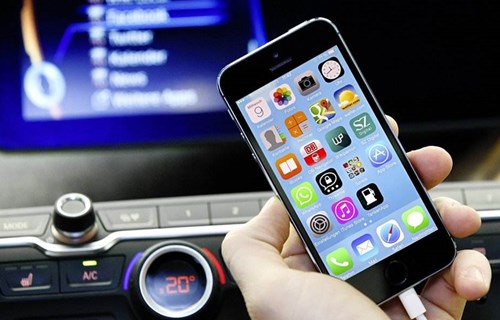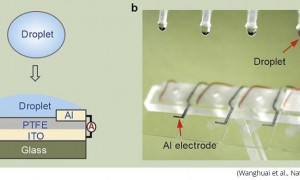理想条件下,AI系统会事先被预设路线与目的地,以使计算变得更为容易。如果一切顺利,他们的系统将被证实能够解决南加州上下班路段的难题,那么也将不会出现车辆拥堵的情况了。

Ultimately, the idea is that the algorithm will also learn from the experiences of its brethren in other cars, by arranging for all such systems to share their data online.
最终,通过数据在线分享的方式,可以获得其他车辆所获得的数据信息,这样就可以学习其他车辆上的经验。
Ideally, such a system would be fed its route and destination in advance, to make things easier to calculate.
理想条件下,该系统会事先被预设路线与目的地,以使计算变得更为容易。
But Dr Qi and Dr Barth are realists, and know that is unlikely to happen.
但Qi博士与Barth博士均为现实主义者,他们知道那并不太可能发生。
If a satnav were invoked, it would be able to pass relevant information on to the algorithm.
如果使用卫星导航,它确实可以给该系统传送相关信息。
But drivers use satnavs only to get them to unfamiliar destinations.
但司机只有在去陌生地点时才会使用到导航。
Hence the researchers’ decision to design a system that does not rely on knowing where it is going.
因此研究人员决定研发一款不依赖于目的地位置的系统。
It seems to work—at least, in simulations.
至少在模拟状态看起来可行。
Using live traffic information to mimic journeys in southern California, Dr Qi and Dr Barth compared their algorithm with a basic energy-management system for plug-in hybrids that simply switches to combustion power once the battery is depleted.
利用现实交通实况模拟南加州道路,Qi博士与Barth博士用他们的程序与普通燃油管理系统进行比较,后者用于传统带插头接电的混合动力车,当电池电量耗尽时,它能直接转换成汽油驱动的程序。
As they report in a paper to be published in IEEE Transactions on Intelligent Transportation Systems, their system was 10.7% more efficient than the conventional one.
正如他们在一篇即将发表于IEEE智能交通系统的论文上所述的那样,他们的系统比传统车燃油利用率高出10.7%。
If the system is aware in advance that a recharging station will be used as part of the trip (which might be arranged by booking one via the vehicle’s information screen) it can spread the use of electric power throughout the journey, to maximum advantage, knowing when the battery will be topped up.
如果系统提前知道路上可以充电(这能通过在车上的信息屏幕进行预定,然后提前安排),它能够在旅途中均衡使用电能,在知道电池在何时能够被充满的前提下,达到最大利用率。
In such situations the average fuel saving was 31.5%. Dr Qi and his colleagues now hope to work with a carmaker to test the algorithm on real roads.
并且平均省油将达到31.5%。Qi博士和他的同事目前希望能与汽车制造商合作,在实际道路上测试程序。
If all goes well, and their system proves able to cope with the nightmares of commuting in southern California, they will not be left stranded on the hard shoulder.
如果一切顺利,他们的系统将被证实能够解决南加州上下班路段的难题,那么也将不会出现车辆拥堵的情况了。







